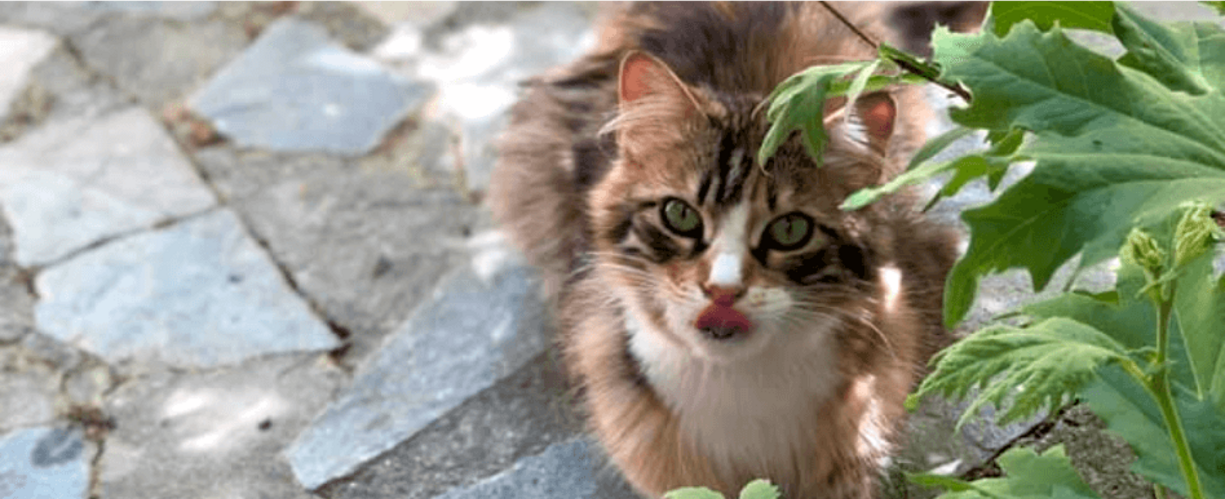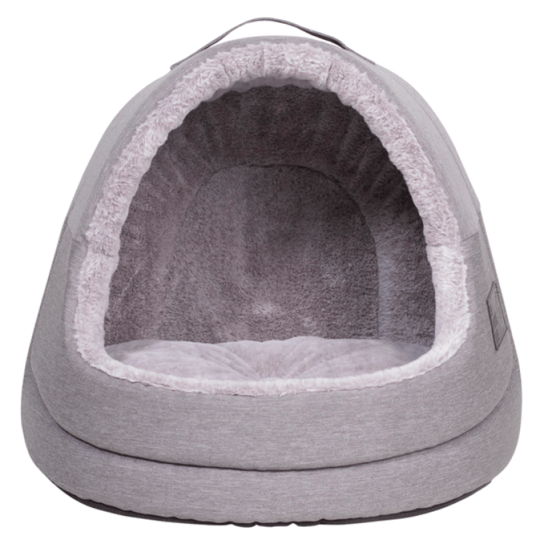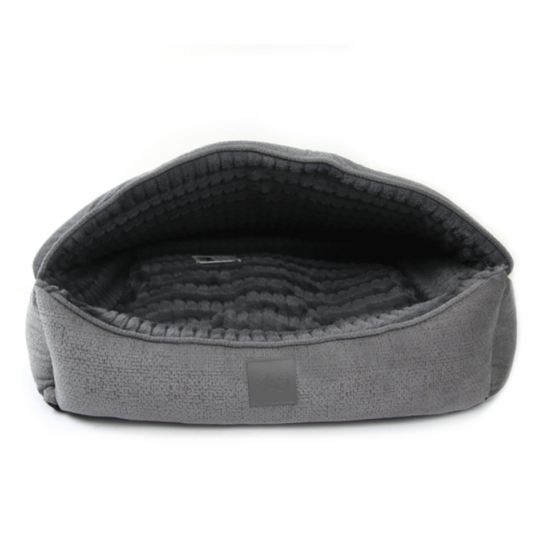There are a few treatment options for Hyperthyroidism in cats and your veterinarian will work through the options with you to find one that works well for you and your kitty. The treatment you and your vet decide on will take into consideration of how severe the disease is, your cat's health and what works for you as well. Treatment is important because hyperthyroidism affects your cat's quality of life through poor muscle condition and bodyweight, ongoing vomiting, diarrhea and damage to other organs.
Radiotherapy using Iodine
Radiotherapy is an effective long term curative treatment for most cats. For this treatment, your kitty will be given an injection of radioactive iodine and kept in the clinic or hospital for three to four days. In this time, the radiation levels will reduce to an amount safe enough to allow them to come home with you. You will need to take care with contact and cleaning after your kitty in the week or two following the treatment. You will need to minimize contact with them and confine them to their own room. This is because they will still emit low levels of radioactive iodine. This treatment is limited to hospitals or clinics with radioisotope permits and is not available at every clinic. Your veterinarian will give you a referral if you decide to go with this treatment.
Medical treatment
This treatment involves the daily application of anti-thyroid medication, in a pill or paste, that stops the production of the T4 hormone from the thyroid gland. These medications are usually very effective but your cat will need to be on them for the rest of their life. Regular ongoing checkups with your vet are necessary to monitor the condition and make sure the dosage is adequate.
Surgical treatment
Surgical removal of the thyroid gland is a procedure done under a general anesthetic. There may be general anesthetic risks if your older cat has kidney or heart issues.
Dietary therapy
Iodine is necessary for thyroxine hormone production by the thyroid gland. Hill's Prescription Diet Y/D limits the amount of iodine present in the diet which then prevents the production of excess thyroxine.


